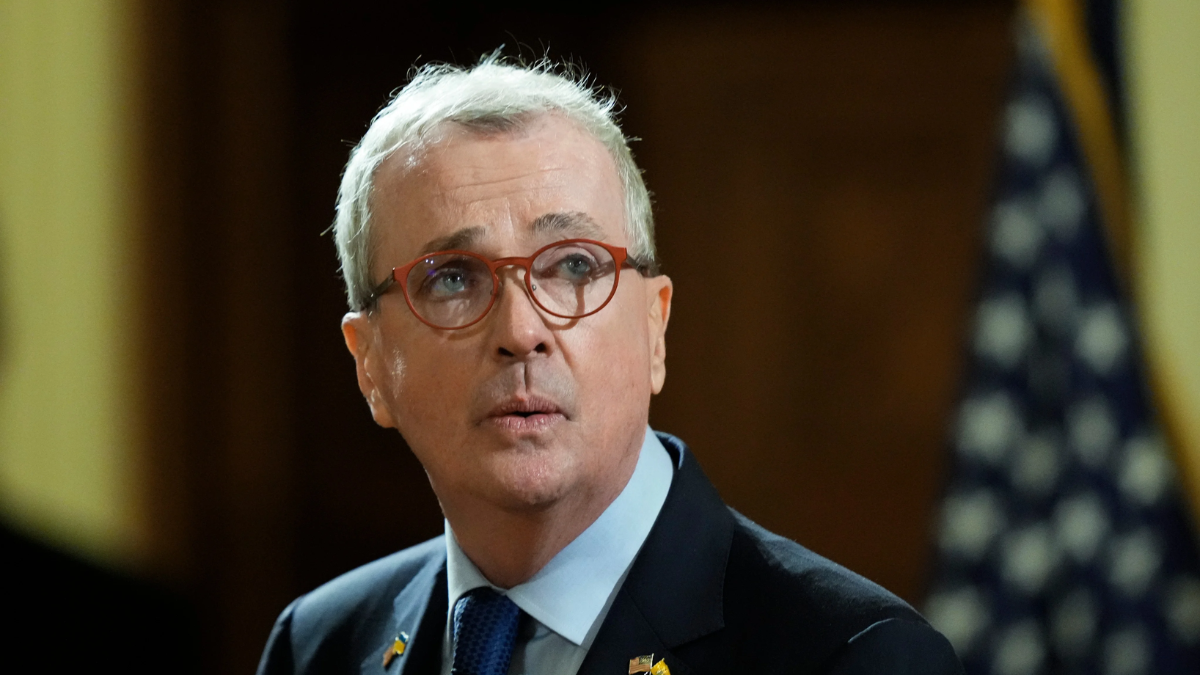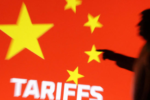New Jersey Governor Phil Murphy has called on former President Donald Trump to review the proposed congestion pricing plan for the New York metropolitan area, urging a reconsideration of its potential impact on New Jersey commuters. The proposed plan, which aims to charge vehicles traveling into Manhattan’s busiest areas, has sparked controversy, particularly among those who live in New Jersey and rely on New York City’s infrastructure for work, business, and daily activities.
The Controversy Over Congestion Pricing
Congestion pricing, a system where drivers are charged a fee for entering high-traffic areas, has been a topic of debate for several years in major cities around the world. New York City’s plan, first introduced in 2019, would impose a fee on vehicles entering Manhattan below 60th Street. The goal of this initiative is to reduce traffic congestion, improve air quality, and generate funds to support public transportation improvements in the city.
However, the proposed pricing plan has raised concerns, particularly among New Jersey residents who commute daily into New York City. Governor Murphy and many New Jersey lawmakers argue that the new charges would disproportionately affect residents of New Jersey, who are already facing high tolls to cross into Manhattan. Critics of the plan suggest that it could exacerbate traffic congestion on New Jersey’s roadways as commuters seek alternative routes to avoid the congestion fees.
Governor Murphy’s Appeal to Trump
In an effort to delay or revise the congestion pricing plan, Governor Murphy has formally requested that former President Trump review the proposal and consider its implications for New Jersey residents. Murphy emphasized that the plan could significantly impact the economy of both states, especially given the number of New Jerseyans who travel to New York City for work, education, and other purposes. Murphy has argued that the additional cost could put a strain on middle-class families who rely on affordable commuting options.
The Governor’s office also expressed concerns about the fairness of the plan, pointing out that New Jersey commuters already face some of the highest tolls in the nation when crossing into New York City. With the new congestion charges, many fear that the costs of living and working in the New York metropolitan area would rise even further.
Political Tensions Between New Jersey and New York
The debate over congestion pricing is not just a matter of economic impact; it also highlights the tense relationship between New Jersey and New York. While both states share the burden of maintaining critical infrastructure like the George Washington Bridge, the Lincoln Tunnel, and the Holland Tunnel, they often find themselves at odds over policies that affect commuters. Governor Murphy’s request for Trump to intervene in this issue adds a new political layer to the situation, with some seeing it as a way to rally support among New Jersey voters ahead of the next election.
Critics of the congestion pricing plan argue that it could lead to a situation where New Jersey residents are effectively subsidizing New York City’s public transit improvements, which they believe benefits the city’s residents more than those across the river in New Jersey. The charge also threatens to increase the cost of doing business in the region, especially for companies with employees or offices located in Manhattan.
The Future of Congestion Pricing
While Governor Murphy’s appeal to Trump may not result in a major change to the congestion pricing plan, it has brought attention to the concerns of New Jersey commuters. The Metropolitan Transportation Authority (MTA), which oversees the project, has stated that congestion pricing will help alleviate traffic and generate necessary funding for public transportation improvements, such as subway and bus upgrades. However, the final implementation of the plan is still in the works, and New Jersey officials continue to monitor its progress closely.
As the review process continues, both New Jersey and New York residents are waiting to see how the congestion pricing plan will unfold and what, if any, changes will be made. The controversy over this issue is likely to persist as both states seek a balance between improving infrastructure and ensuring that the costs do not unfairly burden commuters, particularly those from neighboring New Jersey.
For more information on New Jersey’s concerns about congestion pricing, visit The New York Times.
Disclaimer – Our team has carefully fact-checked this article to make sure it’s accurate and free from any misinformation. We’re dedicated to keeping our content honest and reliable for our readers.








